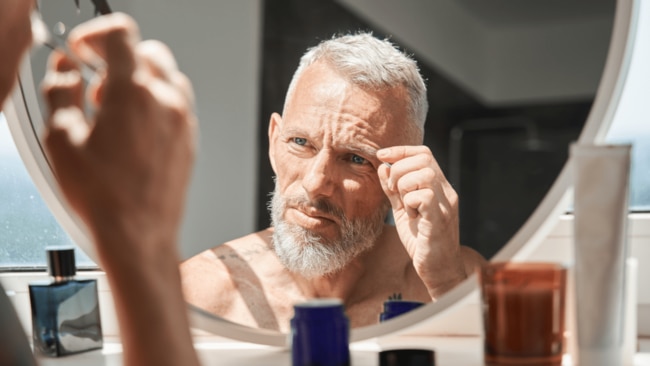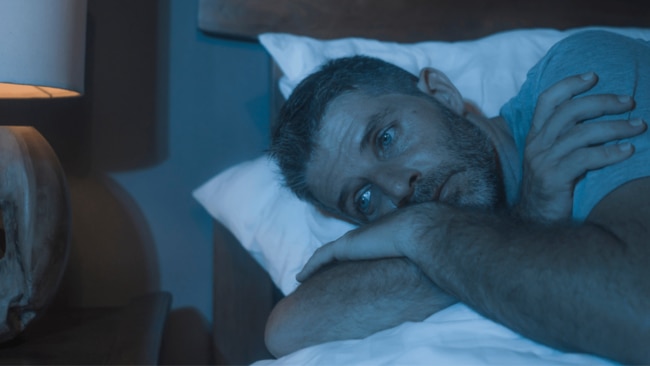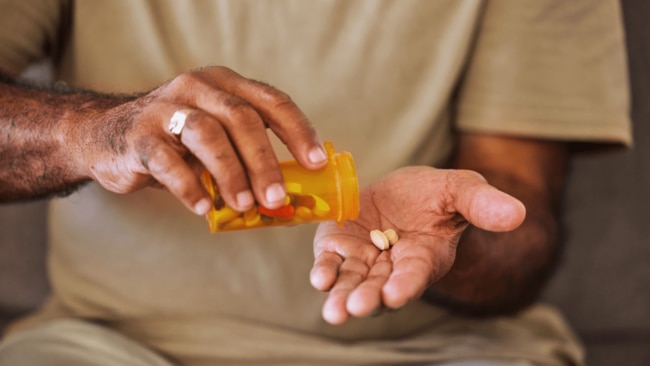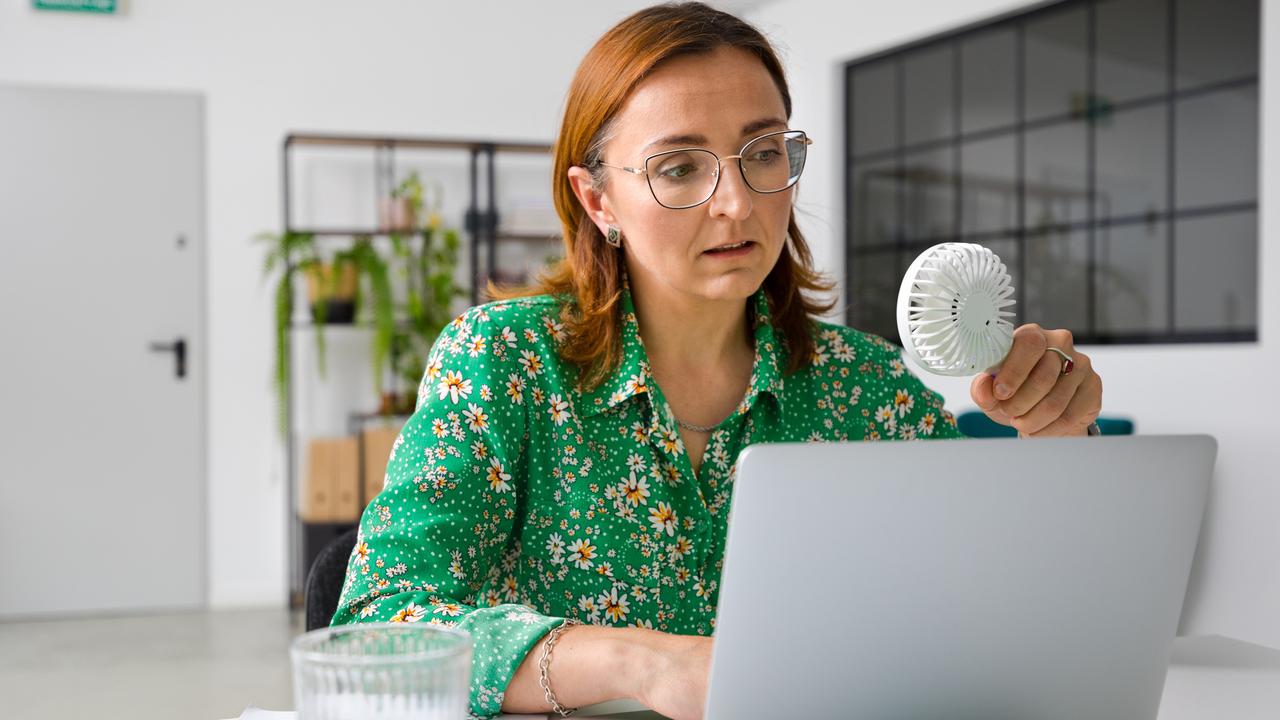Is male menopause a myth? We asked the experts
Did someone say, manopause?

Menopause
Don't miss out on the headlines from Menopause. Followed categories will be added to My News.
We’ve long debated the legitimacy and best treatment of 'man flu', but now another condition is turning the heads of health experts and supplement manufacturers alike. Here’s what a health expert wants you to know about male menopause.
Menopause, and the physical, hormonal and emotional changes that a woman undergoes during this life-altering transition, has received plenty of traction from health professionals over recent decades. Subsequently, the women’s health phenomenon has piqued the interest of supplement manufacturers, representing a lucrative and ever-growing sector of the wellness industry.
With such money-making potential, it’s no surprise that the big names in the supplement space are exploring ways to extend their customer base, marketing products designed to alleviate male menopause symptoms.
But menopause’s male counterpart is still a relatively underreported concept, with many health and wellness professionals debating the exact definition and description of the age-related condition
Like what you see? Sign up to our bodyandsoul.com.au newsletter for more stories like this.
Is male menopause a real thing?
Male menopause, officially known as andropause (not manopause), isn’t exactly the same thing as menopause, according to GP Dr Dinesh Silva.
“Female menopause happens when women stop having periods because their hormone levels change,” the expert confirms. “Andropause, on the other hand, is when men experience a gradual decline in testosterone as they get older.”
Andropause is a term often used to refer to a handful of symptoms experienced by men in their late forties to early fifties, most commonly being a noticeable loss of sex drive, mood swings, sleep-related issues, erectile dysfunction and a loss of muscle mass.

Like female menopause, most of the symptoms and physiological changes are triggered by a shift in the production of hormones. For men, testosterone production can rapidly decline around this age bracket, explaining the onset of related symptoms. But this transition tends to be more gradual than what women experience and can be variable between individuals, unlike the 100 per cent occurrence in women.
“Menopause represents acute symptoms caused by the relatively abrupt cessation of ovarian hormonal function due to the exhaustion of a woman’s egg reserve at around 50 (plus or minus five) years of age,” specialist Dr Ravinder Anand-Ivell tells The Guardian. “Men have no equivalent physiology.”
So while male menopause may not be totally comparable to the female condition, the list of symptoms is not uncommon amongst the ageing male population.

What’s the solution to male menopause?
But while life would certainly be easier if we could pop a few pills to cure any ailment, Dr Silva says symptoms of andropause, like menopause, can more effectively be managed through lifestyle changes.
Maintaining a healthy weight through exercise and a balanced diet is key to keeping your testosterone levels in check, says the GP.
“Engaging in both aerobic and resistance training as well as having good quality sleep will help with hormone levels,” he says. When it comes to supporting your health through nutritional means, the doctor urges men experiencing andropause symptoms to consider limiting their alcohol intake.
“Furthermore foods, such as lean proteins, healthy fats, fruits and vegetables, vitamins and minerals like zinc, vitamin D, and magnesium all help,” says Dr Silva.
Consistently endorsed by nutritionists and researchers, subscribing to the Mediterranean diet is a surefire way to optimise your health and longevity, incorporating ingredients proven to support metabolic function, and weight management and protect against cognitive decline.
More Coverage
Originally published as Is male menopause a myth? We asked the experts




